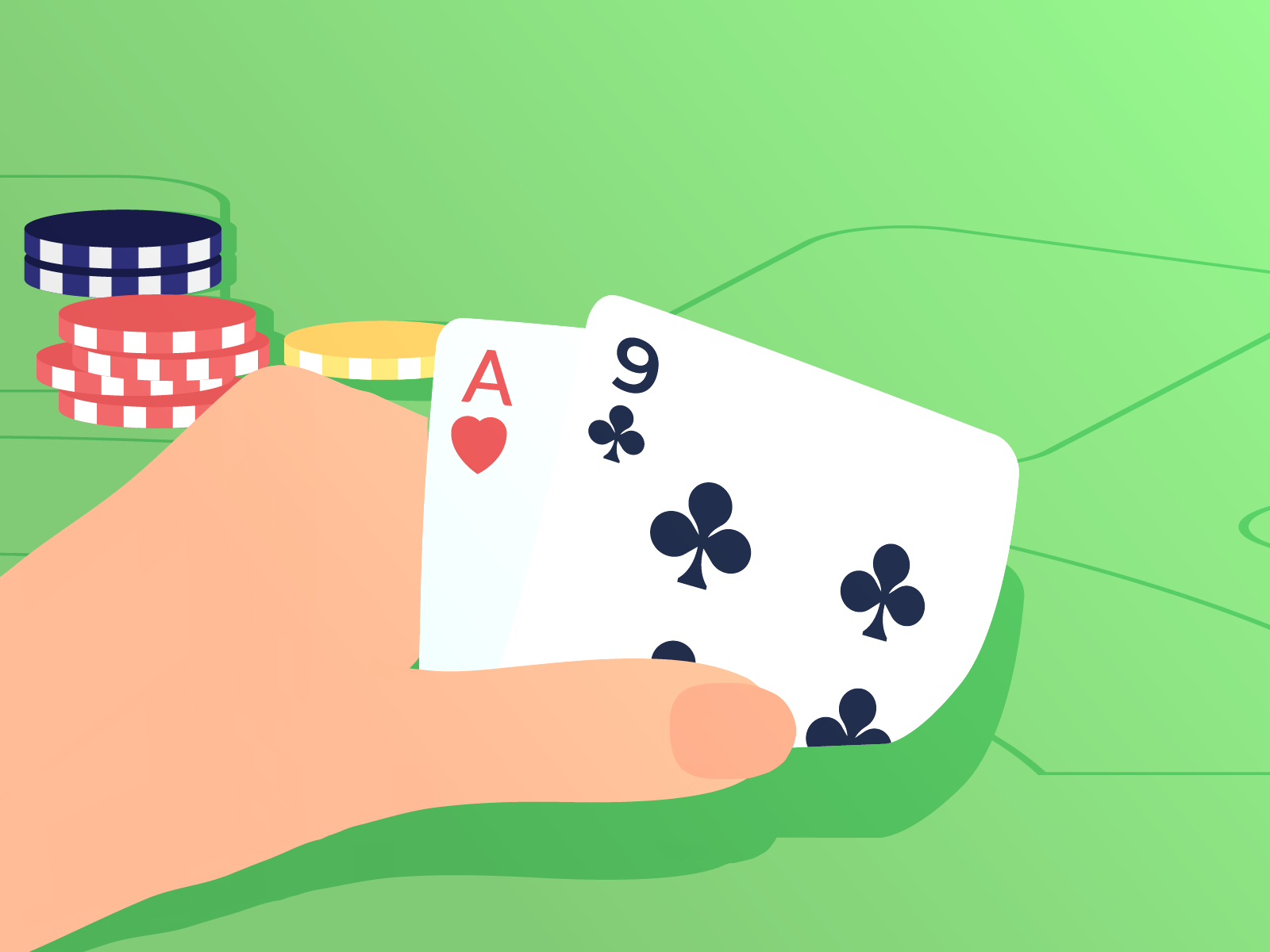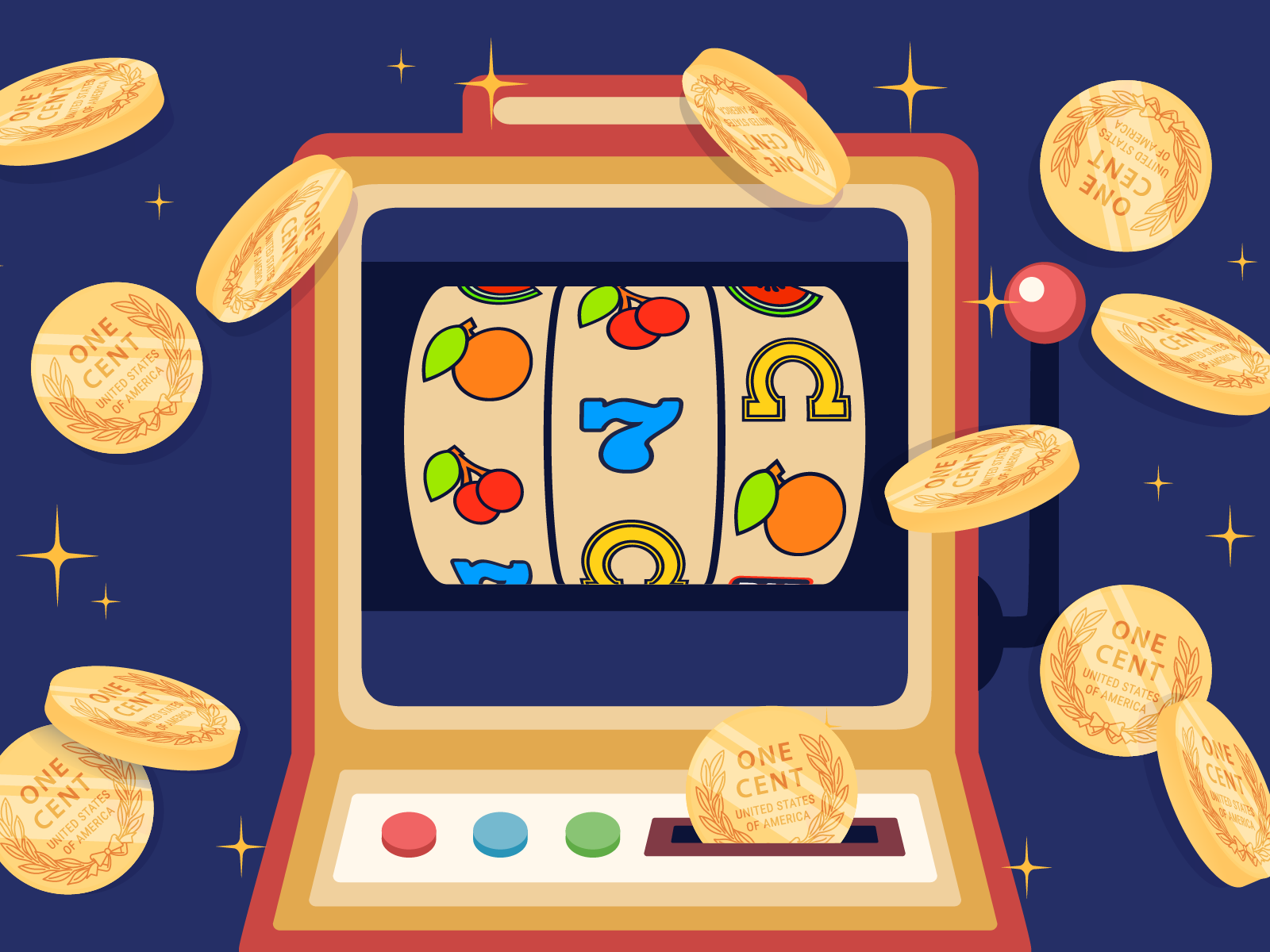Is Gambling Determined by Chance or Skill?
Luck and Skill: Understanding Their Roles in Gambling
Gambling stirs constant debate regarding whether outcomes depend more on luck or skill. The answer largely hinges on the specific game in question. Some games, like slots, roulette, and lotteries, are driven almost entirely by chance, with outcomes determined by random number generators or the spin of a wheel. Conversely, strategy-based games such as poker, blackjack, and sports betting reward players for their knowledge, experience, and decision-making abilities, introducing a significant element of skill.
Regardless of whether you’re playing a luck-based or skill-based game, remember that the house maintains a mathematical advantage with every wager. This inherent edge means all forms of gambling should be enjoyed responsibly and with an awareness of potential risks.
Illustrating Luck and Skill: Three Gambling Scenarios
To highlight the interplay between luck and skill, let’s examine three distinct gambling situations:
Scenario 1: Strategic Decisions in Poker
At the final table of a major poker tournament, one player goes all-in with a straight. Their opponent holds a promising flush draw, knowing only a few cards in the deck can improve their hand. Calculating the odds, the challenger weighs if the potential payout, or “pot odds,” justifies taking the risk. The player must decide whether to pursue the favorable statistical opportunity or wait for another, less risky spot. Here, strategic decision-making is paramount.
Scenario 2: Dramatic Soccer Outcomes
During a critical World Cup qualifying match, the home team needs a last-minute goal to advance. With seconds to go, a speculative shot ricochets off the post, bounces off a defender, and finds its way into the net. The team celebrates, attributing their victory to an incredible stroke of luck.
Scenario 3: Roulette and Randomness
A gambler at a Las Vegas casino bets blind on number 36 in roulette, placing a large stack of chips on the table. Against all odds, the ball lands on 36, yielding a substantial win. In this scenario, outcomes rely entirely on chance.
These examples reveal the spectrum: poker rewards skillful play, soccer outcomes can be swayed by unpredictable events, and roulette is the archetype of pure chance. But why do some games fall under the “skill” category, while others are universally recognized as games of luck?
Poker: The Hallmark of Skill-Based Gambling

Poker is often at the center of the debate about luck versus skill in gambling. The common wisdom among casual players is that about 30% of the game depends on skill, while 70% is down to luck. For professionals, it’s thought these ratios are reversed.
Evidence from a study entitled “The Role of Skill versus Luck in Poker: Evidence from the World Series of Poker” by Steven D. Levitt and Thomas J. Miles highlights this difference. Highly skilled poker players at the 2010 World Series of Poker achieved an average return on investment (ROI) exceeding 30%, while the rest of the players, relying mostly on luck, averaged a negative 15% ROI.
If poker were a game of pure chance, we would expect outcomes to be random, and yet the best players consistently make it deep into high-stakes tournaments. Calculating odds, reading opponents, and making precise decisions allow skilled players to overcome many of the fluctuations that chance introduces. While luck still influences individual hands, over the long run, skill shines through.
Luck’s Influence in Sports: The Soccer Perspective
To examine how luck interacts with skill outside traditional casino games, let’s revisit soccer. Statistical analyst Tom Tango estimates that, over a typical soccer season (excluding ties), about 35% of the variance in match outcomes can be attributed to luck, with the remaining 65% due to skill and talent. This paints soccer as a contest where both factors intertwine—skilled play typically prevails, but random events, like deflections or missed penalties, can decide matches.
If a single third of results hinge on luck, why isn’t soccer considered a game of chance, like roulette? The key lies in the level of control and consistency that skill can exert over many matches, even if specific moments are ultimately random.
Casino Games: Where Luck Dominates

Many games featured in casinos, such as slots and roulette, are mathematical games of chance. No technique or betting system can override the programmed odds in the long term. While players might enjoy occasional winning streaks, the house advantage ensures that, over time, casinos remain profitable.
It’s no accident that casinos dedicate most of their floor space to games of pure luck—these maximize their profits. Table games with a skill element, like poker, are less dominant in the casino environment because knowledgeable players can diminish the house’s edge.
Even so, classic games like blackjack offer some room for skill, as players who memorize strategies can occasionally shift the expected returns more in their favor. That said, the house still ultimately wields advantages through rules, odds, and table limits.
The Persistence of the Gambler’s Fallacy
The gambler’s fallacy, or Monte Carlo fallacy, is the erroneous belief that after a streak of similar outcomes, the reverse is “due” to occur. This misconception is particularly prevalent in games of chance like roulette. A famous case occurred in Monte Carlo in 1913, when the ball landed on black 26 times consecutively. Gamblers beset by the fallacy lost fortunes betting on red, wrongly assuming the outcomes would necessarily balance out in the short term.
Despite its logical failings, this myth persists; many players continue to track outcomes, convinced patterns will “correct” themselves, ignoring statistical independence of each spin or hand.
Las Vegas: Built on the Illusion of Beatable Odds
Today, the bustling Vegas strip, with its towering hotels and lavish casinos, stands as a testament to misplaced faith in beating the odds. Many gamblers still chart roulette outcomes or consult history boards, arguing that certain results are overdue. This belief, though debunked by statistics, contributes to the casino’s enduring profitability. If these flawed systems worked, the casinos certainly wouldn’t be flush with marble floors and penthouse suites.
Gambling Systems: Myths and Realities
Every gambler, at some point, has chased a “system” in hopes of overcoming bad luck. A popular example is the Martingale system, where the bettor doubles the stake after each loss, so one win is supposed to recover all previous losses and yield a profit equal to the original bet.
Here’s how it works:
– Bet $5 on a roulette spin. Lose.
– Next round, bet $10 on the same outcome. Lose.
– Continue doubling: $20, $40, $80, etc.
– Eventually, when you win, you recoup all losses plus a $5 profit.
While attractive on paper, the system ignores two constraints:
– Casinos set table limits, restricting how much you can bet after a series of losses.
– Players have finite bankrolls and can run out of money before a win occurs.
These realities mean that no betting system can break the game’s fundamental odds in the long term.
The Limits of Casino Betting Systems
Most casinos introduce stringent table limits precisely to prevent players from exploiting martingale-like systems. For example, after 13 consecutive losses at a typical table, you may hit the maximum allowable bet and be unable to continue, resulting in catastrophic losses. The skyline of Las Vegas is, in many ways, built from such failed gambling systems.
Managing Luck: Responsible Strategies for Gamblers
Is there any way to consistently beat luck-based games? Even in games requiring skill, such as poker, all players will eventually experience periods of bad variance—extended losing streaks that can wipe out entire bankrolls, regardless of their expertise.
The best approach for anyone hoping to enjoy gambling without being overwhelmed by luck is to practice sound bankroll management:
– Only wager a set, small percentage of your total funds at any time.
– Bank winnings when ahead rather than chasing larger jackpots.
– Make logical, disciplined decisions instead of impulsive “heat-of-the-moment” bets.
Playing with structure and restraint helps minimize losses and maintain enjoyment, even in games driven by chance.
Understanding Bookmaker Margins in Sports Betting
Professional sports bettors avoid wagers with poor odds and stick to more predictable outcomes, such as even-money bets. Bookmakers frequently offer tempting, long-shot payouts—like a soccer striker scoring a hat-trick—because the probability is far lower than the payout might suggest. In reality, the odds offered rarely reflect true probabilities, skewing profits toward the house.
Nevertheless, the allure of the “big win” remains strong. Players dream of beating astronomical odds—whether it’s hitting a lottery’s jackpot or landing a progressive slot—despite statistical reality.
Embracing Chance in Everyday Life and Gambling
Chance plays a role in every facet of life, from winning a raffle to an unexpected accident or windfall. In gambling, the best strategy is to carefully choose games with better odds and, where possible, those that reward skill and preparation—like poker or blackjack.
Learning the intricacies, practicing sound systems, and constantly improving one’s understanding can tilt the odds slightly in your favor. But ultimately, if avoiding luck entirely isn’t practical—or enjoyable—the key is to play responsibly, understanding both the thrills and the risks involved.








